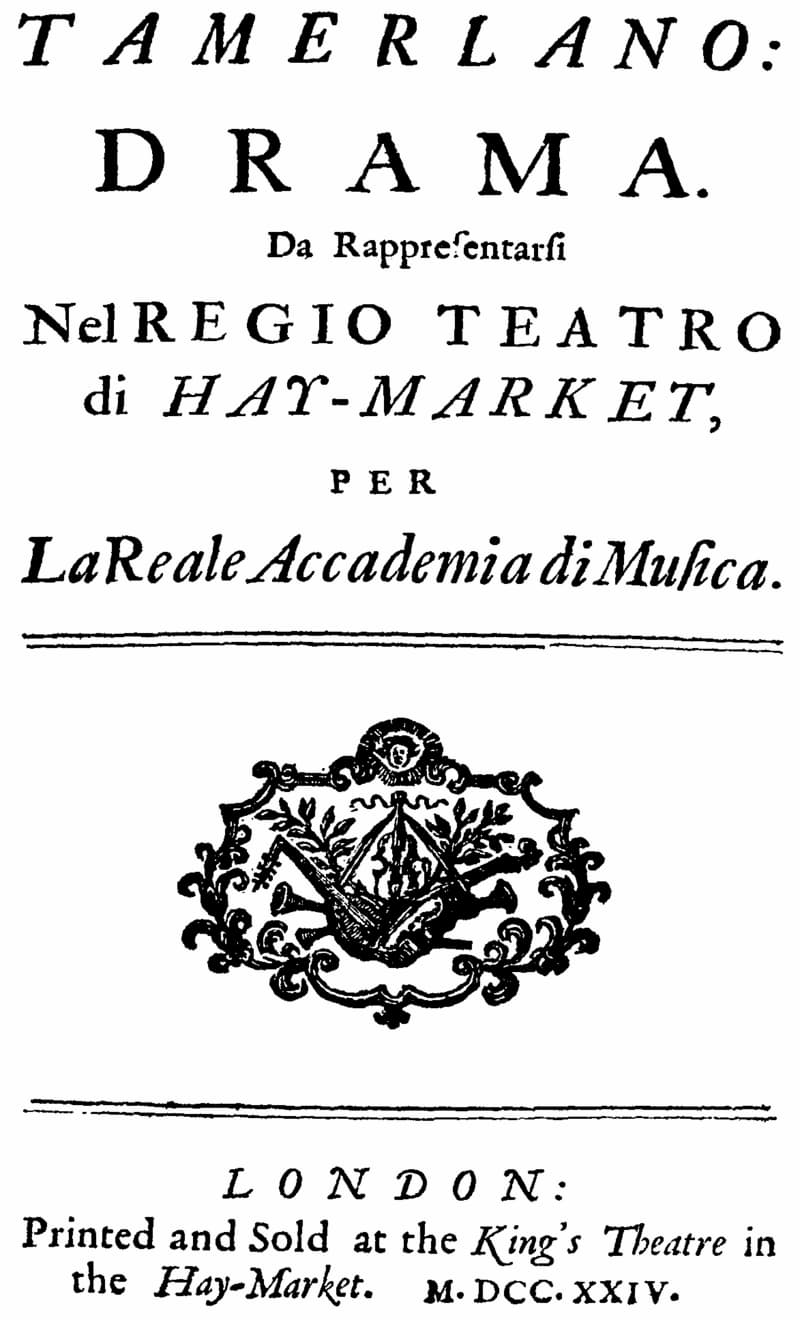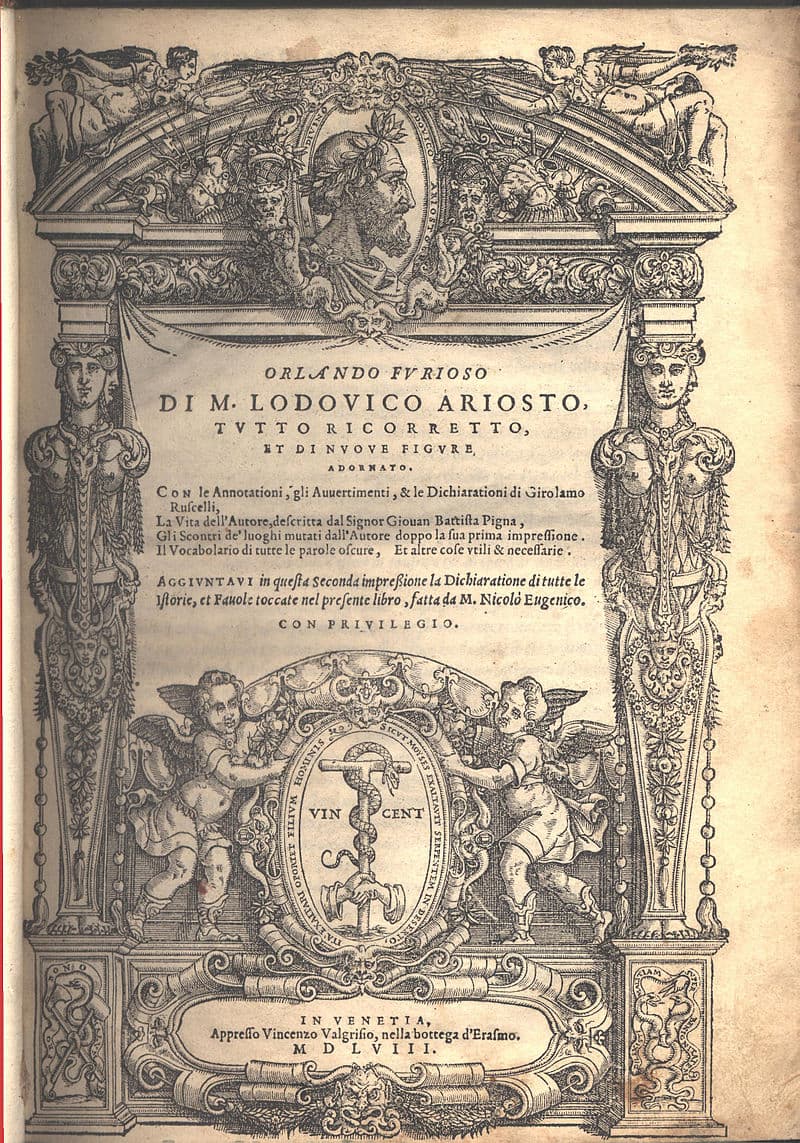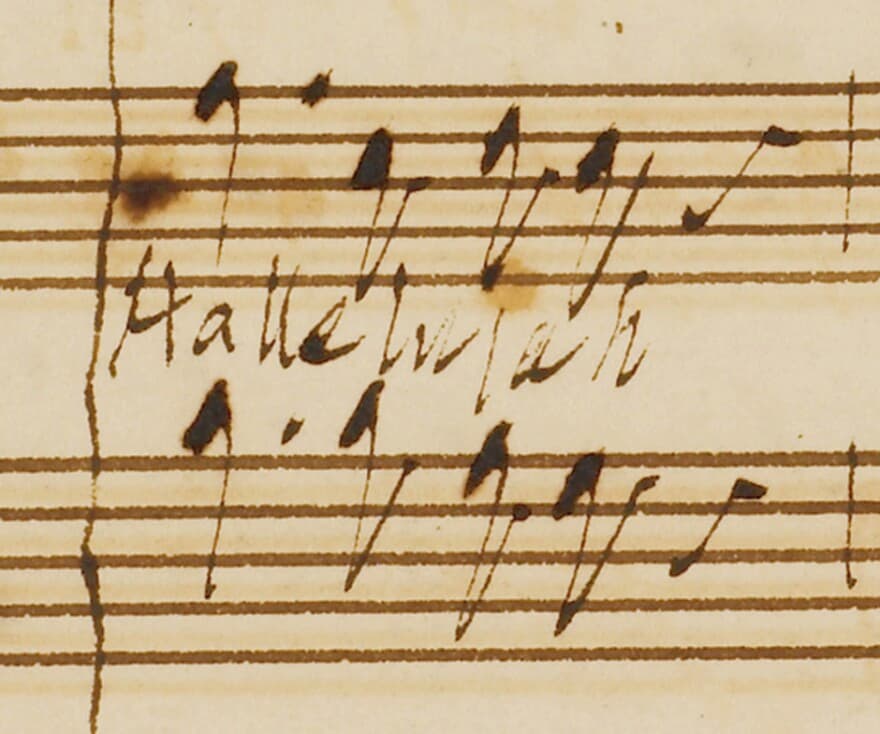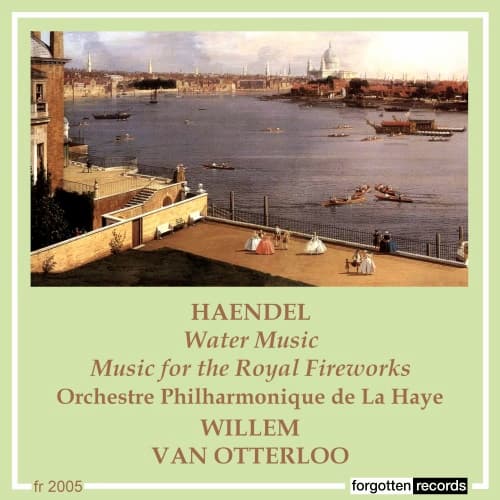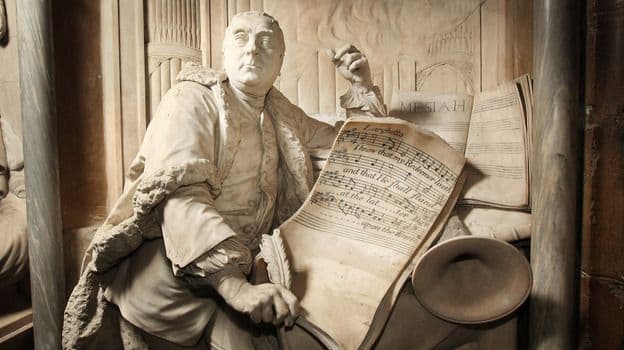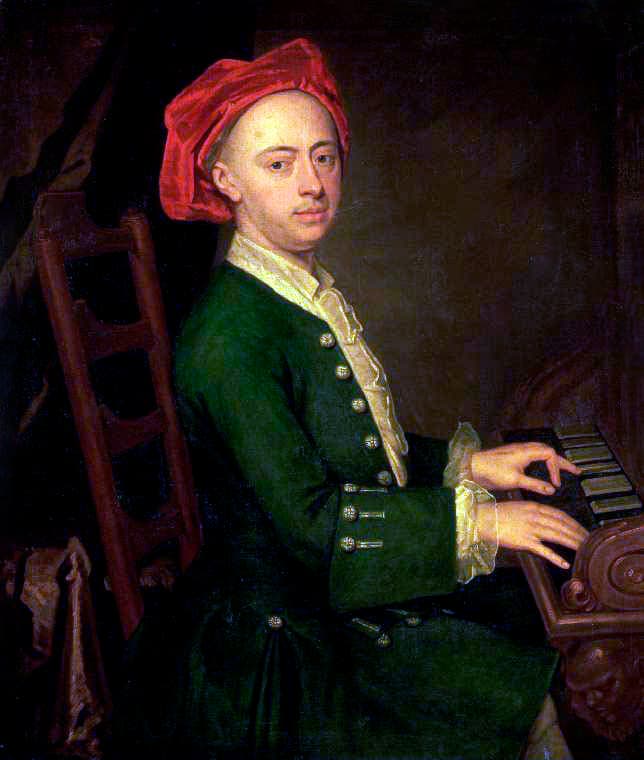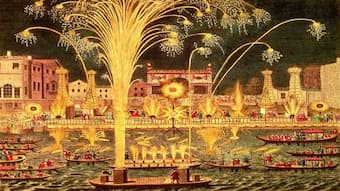George Frideric Handel (1685-1759) must be one of my all-time favorite composers. But I am a little shy to tell you that I only know a very small part of his music. When I checked a musical dictionary I found
Handel
The Italian epic poem “Orlando furioso” (The Frenzy of Orlando) is considered one of the most influential works in European literature. Penned by Ludovico Ariosto and published in its completed form in 1532, the story takes place against the backdrop
Listening to a performance of Handel’s Messiah has long been an Easter tradition in many parts of the world. It is undoubtedly one of the composer’s most popular and enduring works, as it features three distinct parts: the Prophecy of
When George Frideric Handel (1685-1759) first arrived in London in 1711, it was to oversee the staging of his new Italian opera Rinaldo. At the time, he was employed as the Kapellmeister in Hanover but was permitted to take 8
George Frideric Handel (1685-1759) was one of the all-time great composers. Restless and resourceful, Handel was a workaholic musician of great charisma with a genius for invention. For most of his life—at least during his time in London—Handel operated as
The Austrian poet and novelist Rainer Maria Rilke wrote, “Fame is nothing but the sum total of misunderstandings that cling to a name.” George Frideric Handel (1685-1759) is almost universally acknowledged as one of the greatest composers of his age,
To celebrate the treaty of Aix-la-Chapelle, which ultimately ended the War of Austrian Succession, King George II of Great Britain hosted a gargantuan festival on 27 April 1749. Citizens from all corners of the kingdom arrived in London to witness
The Fishamble Street Musick Hall in Dublin was abuzz with jittery electricity on 13 April 1742. The musical superstar George Frideric Handel was ready to present his oratorio Messiah to the public, and the audience reached a record 700 listeners.

